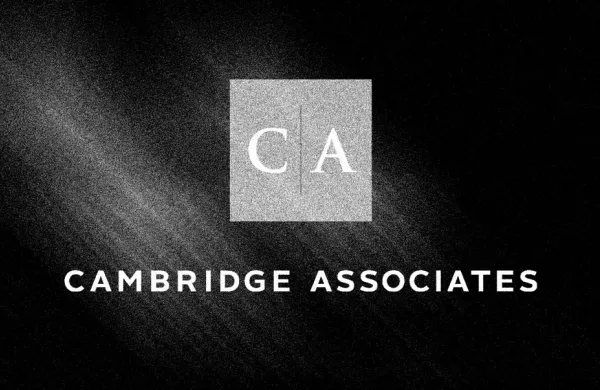

With this backdrop, there are opportunities to acquire a particular loan or tranche of certificate in a CMBS pool at a discount, as well as the potential to gain control of an entire CMBS pool by acquiring the “controlling class.” We call this strategy “capturing the flag.”
CMBS pools generally have a “controlling class” or “controlling holder,” which, through the right to appoint the pool’s operating advisor, has various consent and consultation rights, including the right to approve loan modifications and enforce remedies and the right to remove and replace the pool’s special servicer. The controlling holder typically is the holder of the most subordinate class of certificates, which is “in the money” — meaning that such class generally retains at least 25 percent of its par value at current appraised levels.
The special servicer is obligated to obtain an appraisal to make that determination within a certain time period after a payment delinquency or maturity default (known as a “control appraisal event”). When the original controlling class is “out of the money,” the next class up the debt stack, which is “in the money,” becomes the controlling holder. However, loss of control may be contested by challenging the methodology of, or value reported by, the appraisal, leading to a battle for control, or in other words “tranche warfare” with other classes.
The controlling class (or a voting majority) may be available for acquisition at a substantial discount, reflecting decreases in the value of the pool collateral. Not only are these discounts fueled by the needs of holders looking for liquidity, such as foreign banks exiting the U.S. market or funds facing margin calls, but also by the fear that a control appraisal event may be imminent. The ensuing loss of control and a potential rush to foreclosure and “fire sale” of the foreclosed properties would potentially render the investment worthless. Additionally, an investor may choose to acquire the next class or classes up the debt stack to account for further potential deterioration in the appraised value of the pool, causing a control appraisal event with respect to the original controlling class.
As the controlling holder appoints the operating advisor or replaces the special servicer for non-performing loans, he has de facto control over the restructuring and extension of commercially viable loans and the foreclosure of non-performing loans. The loans are subject to various restrictions and servicing agreements for the pool, including Real Estate Mortgage Investment Conduits (REMIC) rules and a defined standard of care.
After “capturing the flag” and seizing control, the investor may also seek to purchase AAA or other high-rated classes (or portions thereof) of the CMBS pool at a discount from holders looking to unload their investments. When borrowers make principal and interest payments, this cash will be distributed first to the highest-rated certificate holders, giving priority to an investor who purchased those certificates at a discount an outsized yield on investment. Therefore, under the direction of the controlling class, through repayment of performing loans or recovery from foreclosure, or deed in lieu of foreclosure, the purchaser may be repaid the full par value of its AAA and other high-rated certificates, earning a gain equal to the purchase discount.
Not only can this “capture the flag” strategy be employed by opportunistic investors, but also by current certificate holders in a pool. The holders can reduce their overall blended cost basis by acquiring interests in higher-rated certificates at a discount and protect their investments by purchasing the controlling class.
For a relatively small investment, an opportunistic investor or current certificate holder with capital to expend and a realistic time frame may obtain control over a large pool of real estate loans by purchasing the controlling class, thereby maximizing or protecting an existing or new investment.
Mark Fawer is a partner in Dickstein Shapiro’s real estate group within the Corporate & Finance Practice. Michael waters is counsel in dickstein shapiro’s corporate & finance practice, where he focuses on real estate matters. click on the author names to view their full bios.






